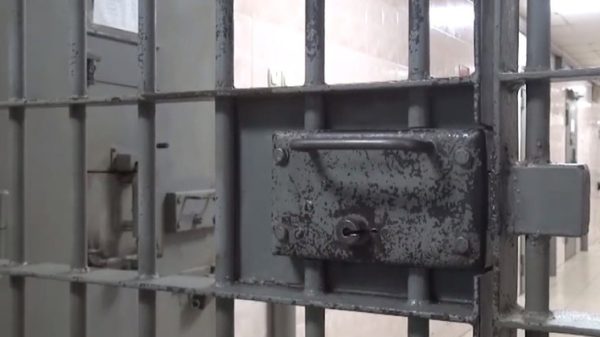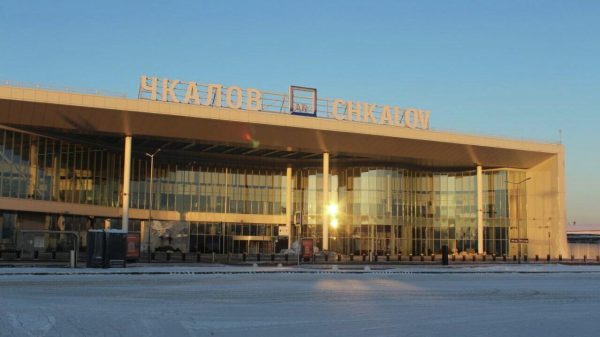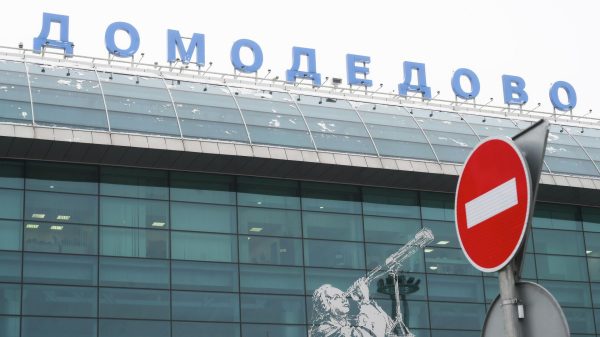Representatives of faiths that have been unable to gather for religious festivals this year because of the pandemic have welcomed the fact that Christians will not have to experience “the same disappointment and deflation” they did.
The Muslim festivals of Eid al-Fitr and Eid al-Adha, the Jewish holy days of Passover, Rosh Hashanah (the Jewish new year) and Yom Kippur, and Diwali festival of lights celebrated by Hindus, Sikhs and Jains were among those hit by lockdown restrictions, with people forbidden to worship together or join family and friends to mark the occasions. Easter was also affected last spring.
On Tuesday, Boris Johnson outlined plans for Covid measures to be relaxed so that people could celebrate Christmas together, with as many as three different households allowed to mix for five days over the festive period.
Imam Qari Asim, chair of the Mosques and Imams National Advisory Board, said he was pleased Christians would be able to enjoy “this special time of year, which provides an opportunity for people of all faiths and beliefs to reconnect with family and friends”.
He added: “It is a relief to know that those celebrating Christmas will not endure the same disappointment and deflation that Muslims experienced at the last minute cancellation of Eid celebrations earlier in the year.”
Rabbi Celia Surget, chair of the Assembly of Reform Rabbis and Cantors, said: “At the end of a year of unprecedented difficulty for our society, we hope all Christians who celebrate Christmas, and everyone who marks this culturally-significant national holiday, are able to have a fulfilling, if restricted, experience.”
Rabbi Charley Baginsky of Liberal Judaism said she was “pleased that our Christian friends will be able to celebrate Christmas this year with their families”. But the preservation of life must take priority, she added. “We have all been through so much and sacrificed so much that I would not want us to jeopardise that for anything.”
Rabbi Daniel Epstein, from an Orthodox synagogue in north London, said: “While the government recognises the importance of Christmas for a nominally Christian country, it places a tremendous strain on other faith leaders and their communities in trying to justify the inevitable infection spread that Christmas will bring.”
Bhai Amrik Singh, chair of the Sikh Federation (UK), said he had written to Robert Jenrick, the communities secretary, asking for restrictions to be eased ahead of the holy day of Gurpurb of Guru Nanak Dev Ji and Advent Sunday at the end of November.
“This would be a massive positive gesture of respect to people of faith and with key dates in the religious calendars fast approaching,” he said.
Responding to an invitation to Guardian readers to share their views, Nitin Mehta said Christmas was a national as well as religious festival. “As a Hindu, if possible we will also take the advantage of getting together! … Christmas is of great sentimental value to the British people and we welcome anything that will help people to celebrate the festival.”
Dante Lucille, 58, a Jew living in London, said: “Christmas is clearly the most important religious festival in the UK, as a culturally Christian country. To deny this is simply disingenuous and churlish.”
But one Muslim who requested anonymity said they felt “pushed aside”. At short notice, the government had forbidden Muslims from gathering during Eid al-Fitr – “and no one cared! No one wanted to ‘Save Eid’, no one cared that we weren’t able to celebrate one of the holiest and most important Islamic holidays with our loved ones …
“It felt like Muslims were just pushed aside and not really listened to. Now to see everyone ready to celebrate Christmas feels like a slap in our face.”






















































Свежие комментарии